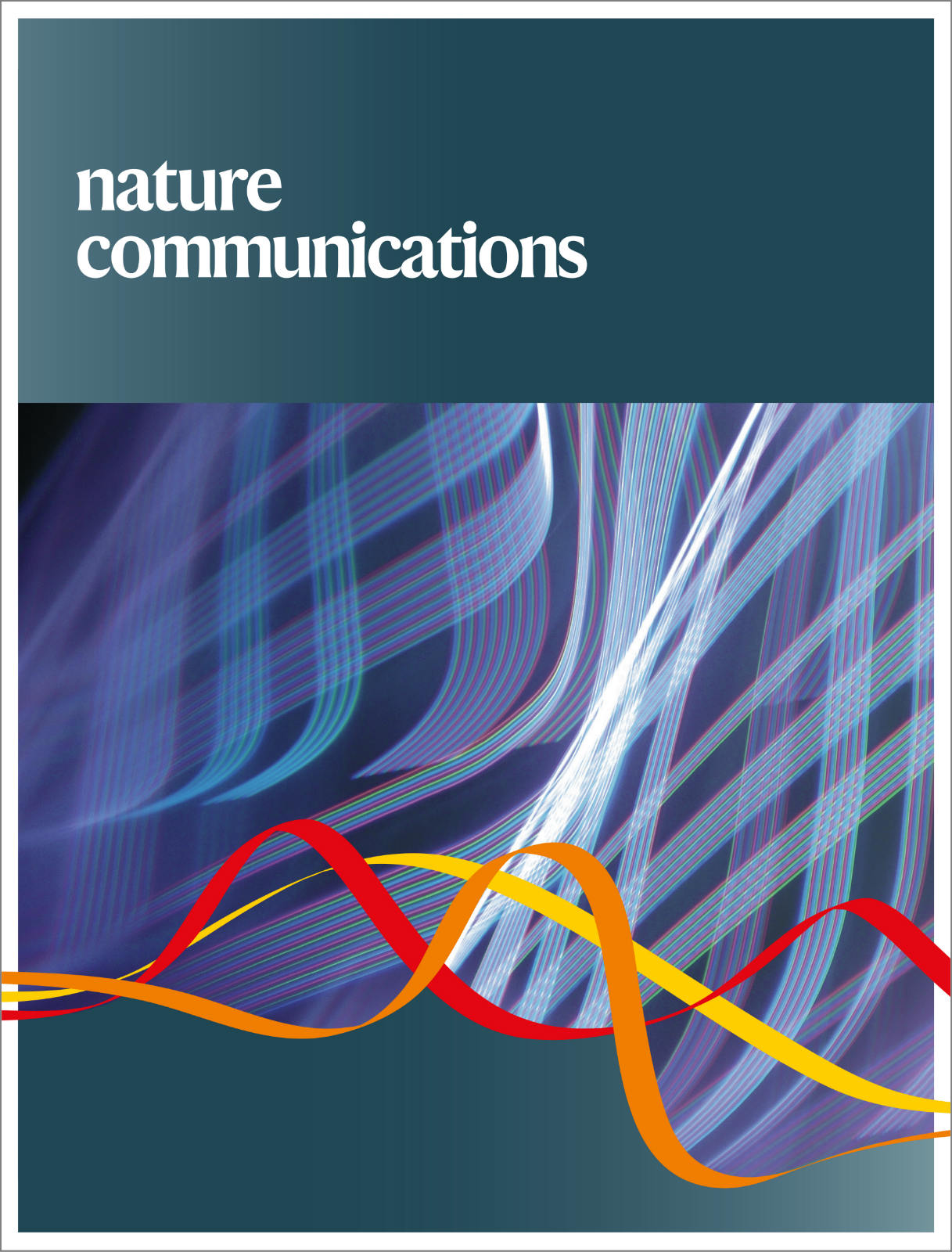FAP+ fibroblasts orchestrate tumor microenvironment remodeling in renal cell carcinoma with tumor thrombus.
IF 15.7
1区 综合性期刊
Q1 MULTIDISCIPLINARY SCIENCES
引用次数: 0
Abstract
Tumor thrombus (TT) worsens prognosis and complicates surgery in renal cell carcinoma (RCC), yet its formation mechanisms remain unclear. Here, we perform integrative single-cell and spatial transcriptomic analyses on 71 tissues and 48 sections from RCC patients with or without TT. The cellular and spatial atlas reveals distinct TT-associated tumor microenvironment remodeling characterized by the enrichment of FAP+ fibroblasts. These FAP+ fibroblasts are spatially contiguous to aggressive cancer cells and promote their malignant phenotypes in vitro. Their abundance inversely correlates with functional NK cells, suggesting roles in tumor invasion and immune evasion. Furthermore, single-cell multiomics analysis identifies tumor pericytes as a source of FAP+ fibroblasts and delineates transcription factor dynamics underlying pericyte-fibroblast transition. Finally, high levels of FAP+ fibroblasts are associated with poor prognosis and predict a weaker response to anti-VEGF-based therapy. In conclusion, our study highlights FAP+ fibroblasts as drivers of aggressive RCC with TT, suggesting potential therapeutic targets.FAP+成纤维细胞在肾细胞癌伴肿瘤血栓形成过程中调控肿瘤微环境重塑。
肿瘤血栓(TT)恶化肾细胞癌(RCC)的预后并使手术复杂化,但其形成机制尚不清楚。在这里,我们对患有或不患有TT的RCC患者的71个组织和48个切片进行了综合单细胞和空间转录组学分析。细胞和空间图谱显示以FAP+成纤维细胞富集为特征的tt相关肿瘤微环境重塑。这些FAP+成纤维细胞在空间上与侵袭性癌细胞相邻,并在体外促进其恶性表型。它们的丰度与功能性NK细胞呈负相关,提示在肿瘤侵袭和免疫逃避中起作用。此外,单细胞多组学分析确定肿瘤周细胞是FAP+成纤维细胞的来源,并描绘了周细胞向成纤维细胞转变的转录因子动力学。最后,高水平的FAP+成纤维细胞与不良预后相关,预示着对基于抗vegf的治疗的反应较弱。总之,我们的研究强调FAP+成纤维细胞是侵袭性RCC伴TT的驱动因素,提示潜在的治疗靶点。
本文章由计算机程序翻译,如有差异,请以英文原文为准。
求助全文
约1分钟内获得全文
求助全文
来源期刊

Nature Communications
Biological Science Disciplines-
CiteScore
24.90
自引率
2.40%
发文量
6928
审稿时长
3.7 months
期刊介绍:
Nature Communications, an open-access journal, publishes high-quality research spanning all areas of the natural sciences. Papers featured in the journal showcase significant advances relevant to specialists in each respective field. With a 2-year impact factor of 16.6 (2022) and a median time of 8 days from submission to the first editorial decision, Nature Communications is committed to rapid dissemination of research findings. As a multidisciplinary journal, it welcomes contributions from biological, health, physical, chemical, Earth, social, mathematical, applied, and engineering sciences, aiming to highlight important breakthroughs within each domain.
 求助内容:
求助内容: 应助结果提醒方式:
应助结果提醒方式:


